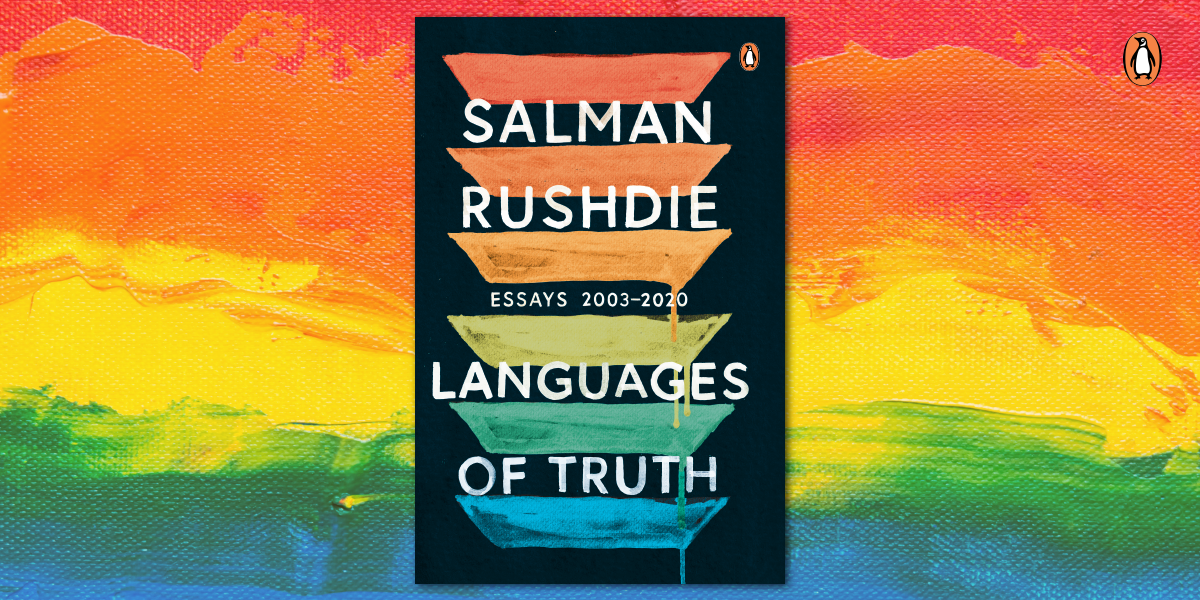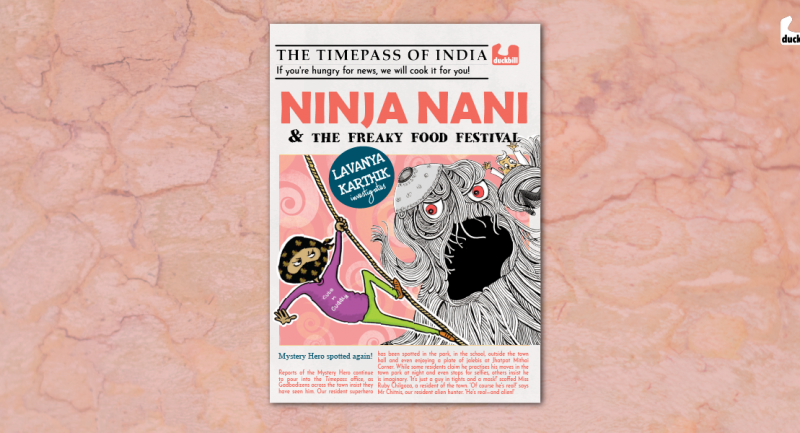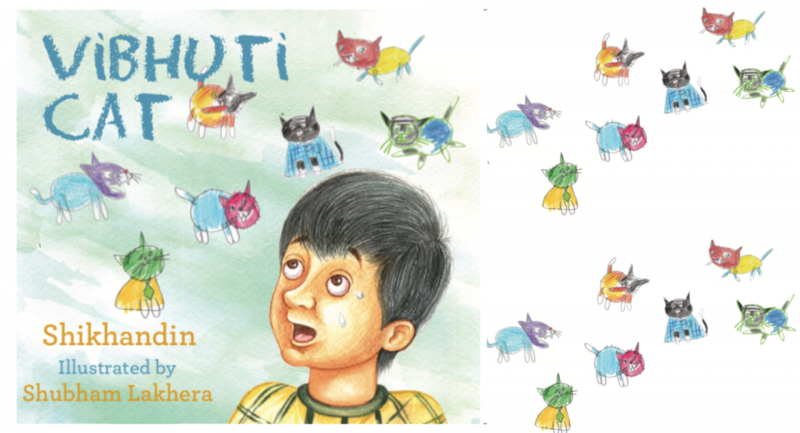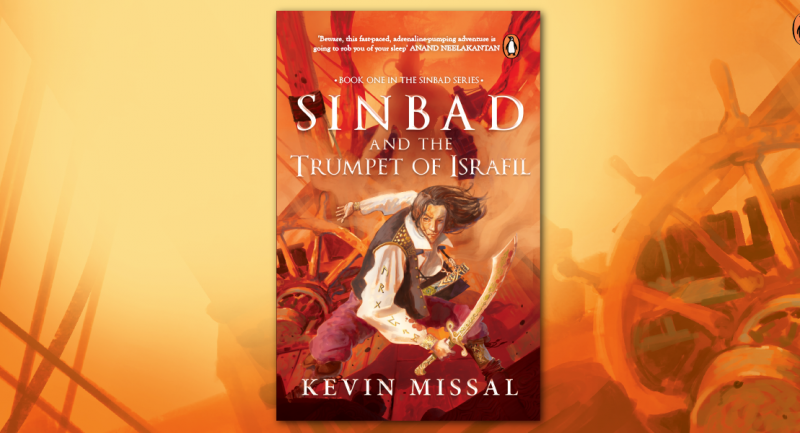
A storyteller of the highest order, illuminating truths about our society and culture through his gorgeous, often searing prose. In his latest collection of nonfiction, Salman Rushdie brings together insightful and inspiring essays, criticism, and speeches, written between 2003 and 2020, that focus on his relationship with the written word and solidify his place as one of the most original thinkers of our time.
Languages of Truth chronicles Rushdie’s intellectual engagement with a period of momentous cultural shifts. Immersing the reader in a wide variety of subjects, he delves into the nature of storytelling as a human need. He explores what the work of authors from Shakespeare and Cervantes to Samuel Beckett, Eudora Welty, and Toni Morrison mean to him.
Here us a taste of Rushdie’s signature wit and dazzling voice in Languages of Truth:
~

Before there were books, there were stories. At first the stories weren’t written down. Sometimes they were even sung. Children were born, and before they could speak, their parents sang them songs, a song about an egg that fell off a wall, perhaps, or about a boy and a girl who went up a hill and fell down it. As the children grew older, they asked for stories almost as often as they asked for food. Now there was a goose that laid golden eggs, or a boy who sold the family cow for a handful of magic beans, or a naughty rabbit trespassing on a dangerous farmer’s land. The children fell in love with these stories and wanted to hear them over and over again. Then they grew older and found those stories in books. And other stories that they had never heard before, about a girl who fell down a rabbit hole, or a silly old bear and an easily scared piglet and a gloomy donkey, or a phantom tollbooth, or a place where wild things were. They heard and read stories and they fell in love with them, Mickey in the night kitchen with magic bakers who all looked like Oliver Hardy, and Peter Pan, who thought death would be an awfully big adventure, and Bilbo Baggins under a mountain winning a riddle contest against a strange creature who had lost his precious, and the act of falling in love with stories awakened something in the children that would nourish them all their lives: their imagination.
The children fell in love with stories easily and lived in stories too; they made up play stories every day, they stormed castles and conquered nations and sailed the ocean blue, and at night their dreams were full of dragons. They were all storytellers now, makers of stories as well as receivers of stories. But they went on growing up and slowly the stories fell away from them, the stories were packed away in boxes in the attic, and it became harder for the former children to tell and receive stories, harder for them, sadly, to fall in love. For some of them, stories began to seem irrelevant, unnecessary: kids’ stuff. These were sad people, and we must pity them and try not to think of them as stupid boring philistine losers.
I believe that the books and stories we fall in love with make us who we are, or, not to claim too much, that the act of falling in love with a book or story changes us in some way, and the beloved tale becomes a part of our picture of the world, a part of the way in which we understand things and make judgements and choices in our daily lives. As adults, falling in love less easily, we may end up with only a handful of books that we can truly say we love. Maybe this is why we make so many bad judgements.
Nor is this love unconditional or eternal. A book may cease to speak to us as we grow older, and our feeling for it will fade. Or we may suddenly, as our lives shape and hopefully increase our understanding, be able to appreciate a book we dismissed earlier; we may suddenly be able to hear its music, to be enraptured by its song. When, as a college student, I first read Günter Grass’s great novel The Tin Drum, I was unable to finish it. It languished on a shelf for fully ten years before I gave it a second chance, whereupon it became one of my favourite novels of all time: one of the books I would say that I love. It is an interesting question to ask oneself: Which are the books that you truly love? Try it. The answer will tell you a lot about who you presently are.
I grew up in Bombay, India, a city that is no longer, today, at all like the city it once was and has even changed its name to the much less euphonious Mumbai, in a time so unlike the present that it feels impossibly remote, even fantastic: a real- life version of the mythic golden age. Childhood, as A. E. Housman reminds us in ‘The Land of Lost Content’, often also called ‘Blue Remembered Hills’, is the country to which we all once belonged and will all eventually lose: Into my heart an air that kills
From yon far country blows:
What are those blue remembered hills,
What spires, what farms are those?
That is the land of lost content,
I see it shining plain,
The happy highways where I went
And cannot come again.









